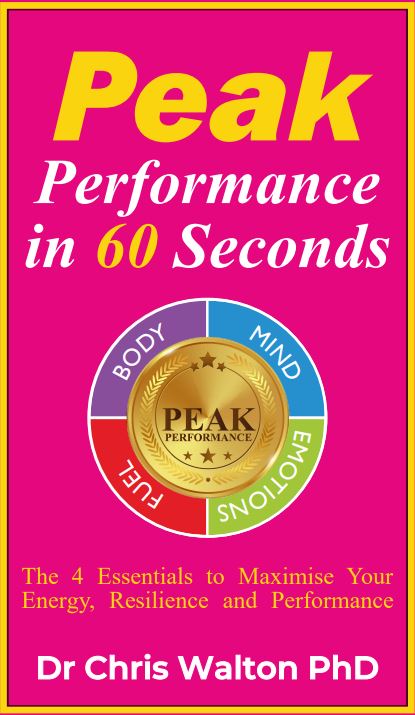Of all the wonders of the world, among the most wondrous is the human mind.
The power of the mind is awe inspiring and we tend to think of its seemingly extraordinary capacities as miraculous. We have all heard stories about the nearly unbelievable powers of the mind: orchestrating spontaneous remissions of disease through mind–body interactions, directing the body to display Herculean feats of strength in emergencies, marshalling astonishing powers of will and perseverance during extreme hardships, erupting in insights and epiphanies that pop up out of the blue and birthing the new and the novel through displays of creativity and inventiveness.
It’s no surprise, then, that in those quiet moments when we ponder the meaning of life and of our place in it, other than thinking perhaps how nice chocolate tastes and how stunning the sunset is, our ponderings often lead us to those deeper questions like:
What is the Mind and How Powerful Is It?
Answering these questions has been the province of philosophers and sages throughout history, and in modern times of scientists too. It is still orthodox scientific belief that the mind, and consciousness itself, is an emergent property of the ‘wet matter’ of the brain, a by-product of its electro-chemical activity. Let us be clear that this is a belief and not a scientific fact.
We begin by jumping headlong into the scientific debate.
Going back 100 years to the early 1900s, British biologist SirJulian Huxley asked the question,
‘Is the brain a good enough explanation for describing the mind?’
His answer was emphatic:
‘The brain alone is not responsible for the mind, even though it is a necessary organ for its manifestation.’
In more recent times visionary biologist Dr Rupert Sheldrake explained:
“The theory that the mind is in the brain is a dogma based on the authority of science, and most people never think of questioning it. Few are even aware that it is a theory at all, and accept it as a scientific truth.”
While there is no question that the brain is crucial to the proper functioning of some aspects of the mind (since brain injury and disease can affect memory, logic, reasoning and more), other frontier scientists are telling us that the mind is not entirely dependent on the brain. It seems to extend beyond the brain and even outside of the body: there is even very well-validated evidence of the reality of a collective and global mind!
Frontier science is revealing the extent to which the mind must be thought of as an energy and information field that interpenetrates every cell of the body and spreads out beyond the body to connect to the entire cosmos and everything in it.



